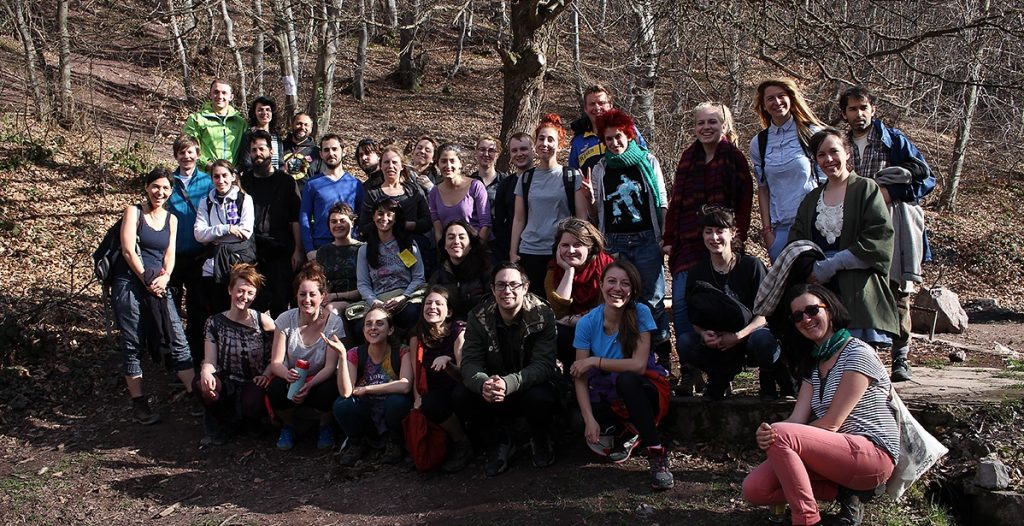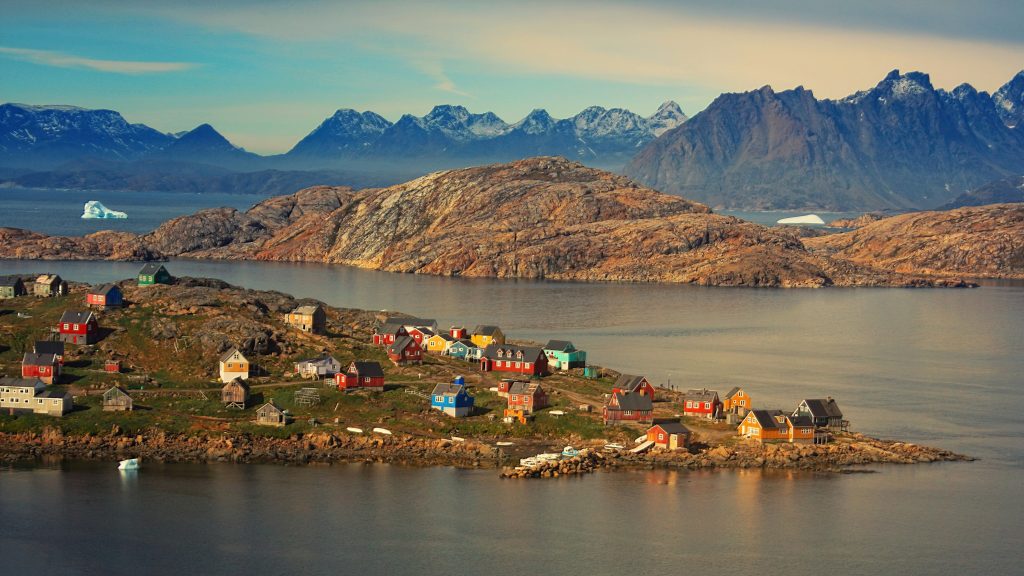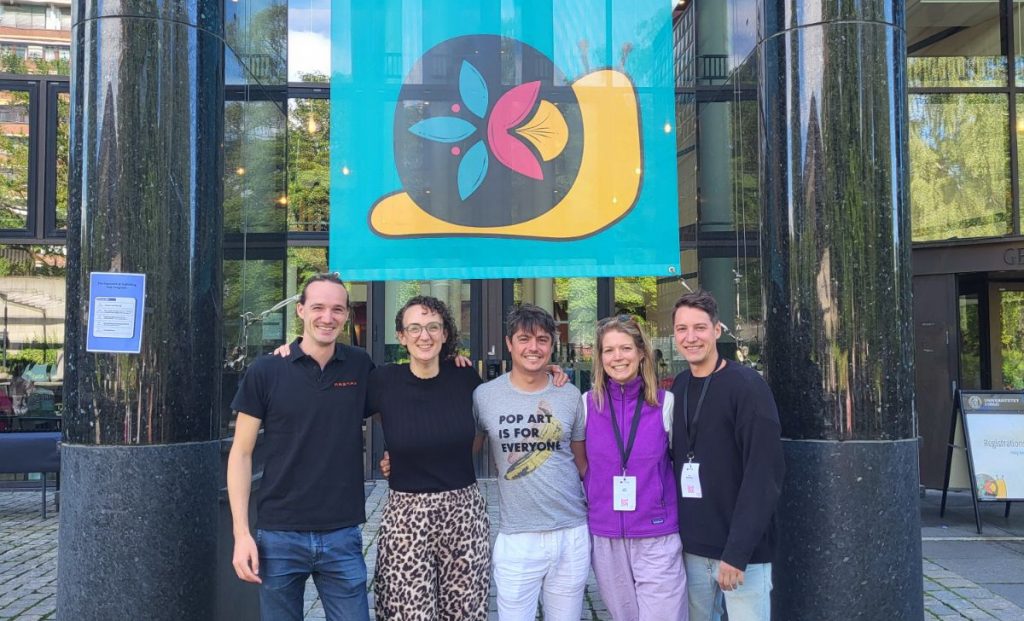Campaigners from across Europe gathered in Bulgaria recently to discuss plans to tackle resource use, consumption and waste, as part of our programme of European School of Sustainability* events. It proved an inspiring meeting that offered the opportunity to share ideas and experiences and build a united, strong movement, writes Meadhbh Bolger, resource use campaigner at Friends of the Earth Europe.
Forty activists from 17 countries and 15 different organisations, passionate about reducing consumption, upcycling, composting, waste prevention and more, gathered for four days recently in beautiful forests on the hilly outskirts of Sofia, to share our experiences, stories, successes and challenges, and to build a stronger movement together.
At a time when robust EU resource use policy is lacking, it is vital to build strong connections between grassroots activists who are leading the way on best practices for transitioning Europe to a resource efficient, sustainable and just society, with a reduced impact on our global environment.
Connecting our stories and sharing knowledge helps to improve and develop our work and makes it more powerful and influential. So how did we do it?
1. Dig down, explore common topics and make a follow up plan
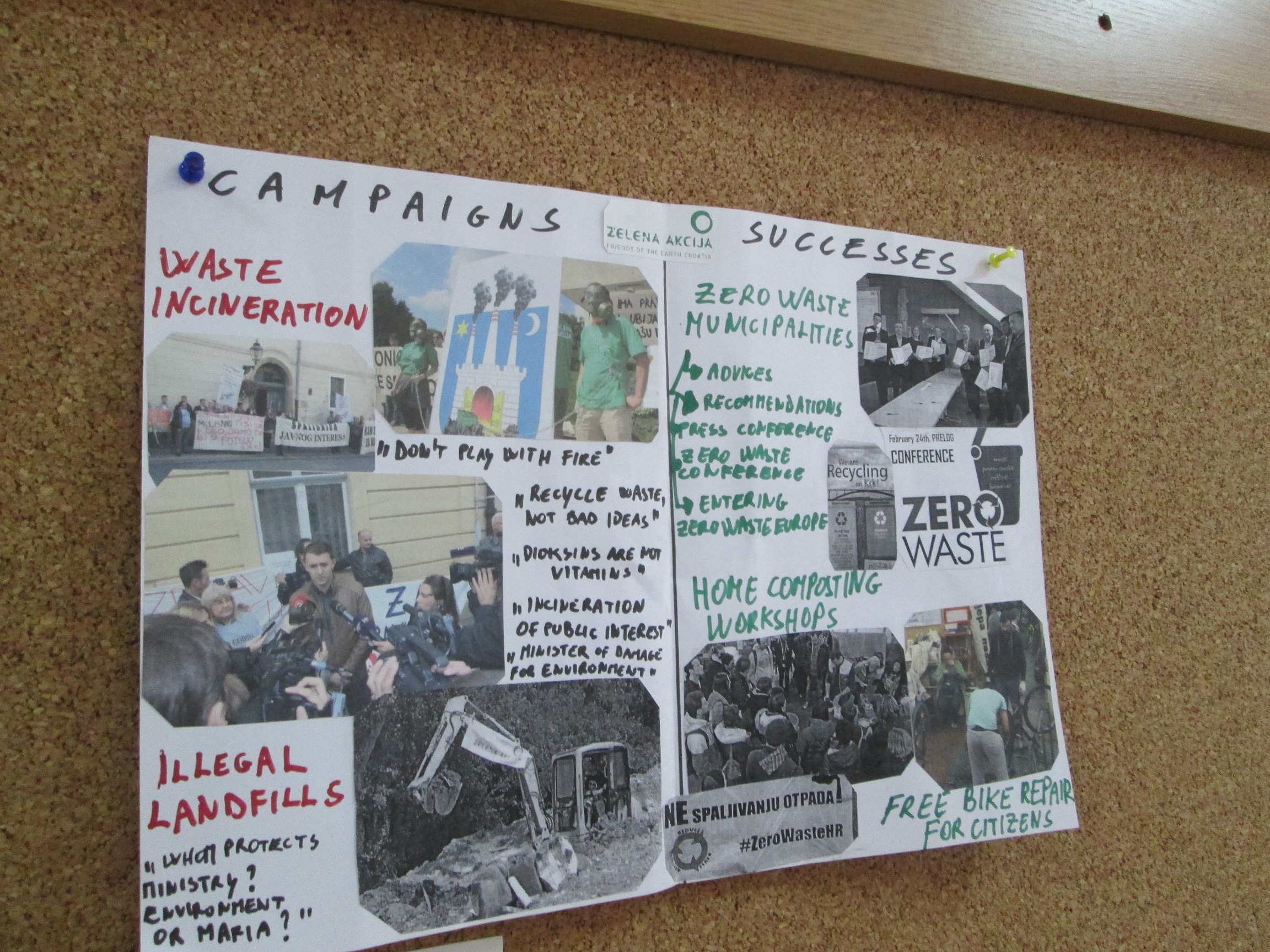 Day One was spent delving deeper into common core topics we work on. We learnt of some interesting approaches such as “gleaning” – collecting leftover food and sharing with communities or buying it at a cheap price instead of wasting produce, and “participatory budgeting” – when citizens get to decide how part of a municipal or public budget is spent.
Day One was spent delving deeper into common core topics we work on. We learnt of some interesting approaches such as “gleaning” – collecting leftover food and sharing with communities or buying it at a cheap price instead of wasting produce, and “participatory budgeting” – when citizens get to decide how part of a municipal or public budget is spent.
We explored the “five easy steps to becoming a zero waste municipality” (it’s a journey of improvement not an end point in itself!), how the waste picking sector could be formalised instead of illegalised, and various education techniques for all ages as a tool to change mindsets and consumption habits.
We also acknowledged that wider change can only be created by scaling up and politicising our messages. For example, if we want to make reuse and repair the norm, it won’t become viable on a large scale until policies and legislations ensure that the true social and environmental costs of products are reflected in their price (you can easily count things you use on an everyday basis that would be cheaper to buy new rather than get repaired). Our best practices, case studies and activity ideas will be drawn up in a joint catalogue!
2. Skillshares
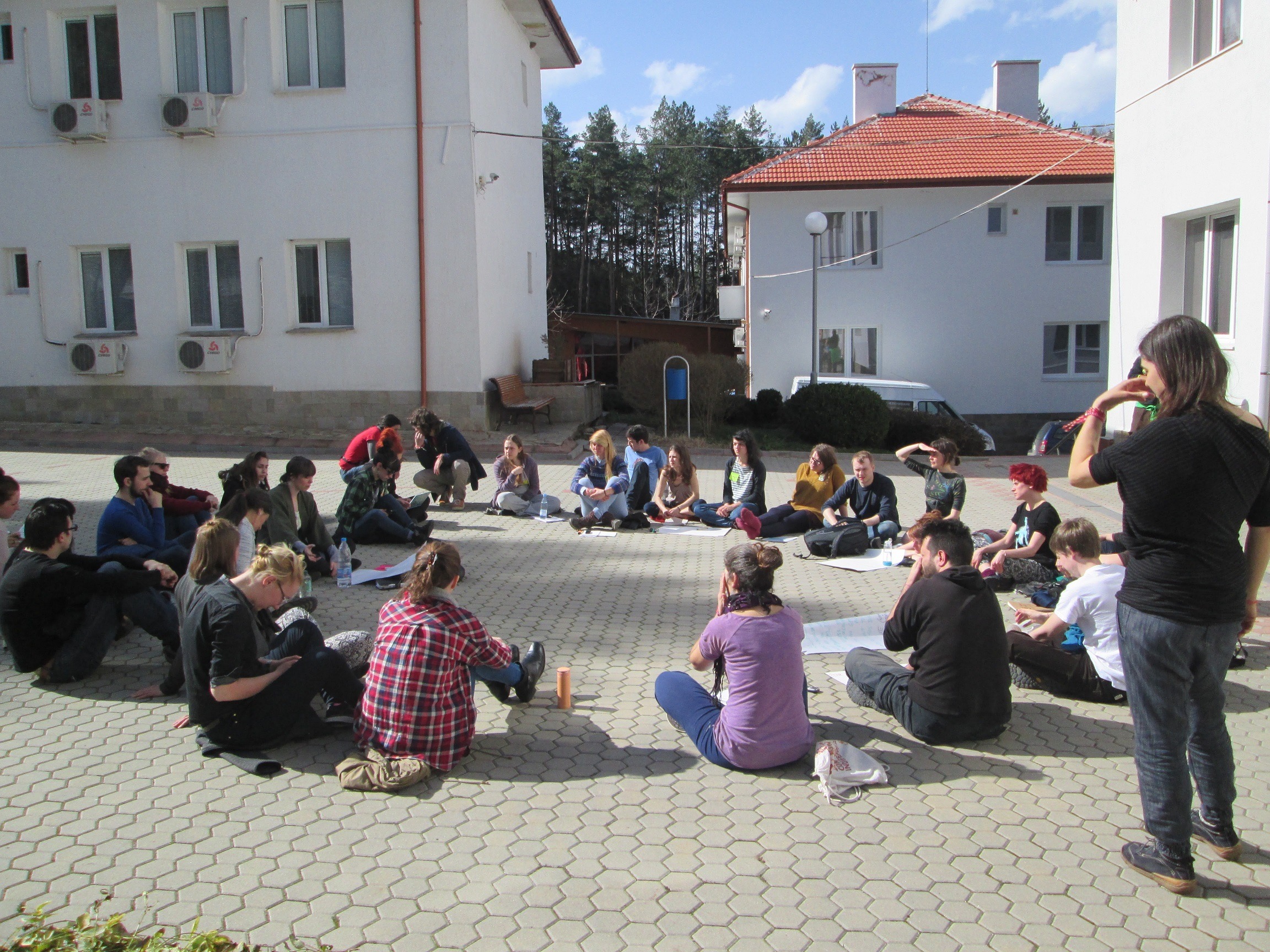 Sharing specific knowledge with others was a big part of the gathering. An engaging discussion was had on working with marginalised communities, drawing on the experiences of Jaye from Scotland, who worked with waste pickers in Chile, Juraj from Slovakia on a community composting scheme with Roma community and Niamh from Ireland who works with FoodCloud, an organisation that distribute surplus food from supermarkets to local charities.
Sharing specific knowledge with others was a big part of the gathering. An engaging discussion was had on working with marginalised communities, drawing on the experiences of Jaye from Scotland, who worked with waste pickers in Chile, Juraj from Slovakia on a community composting scheme with Roma community and Niamh from Ireland who works with FoodCloud, an organisation that distribute surplus food from supermarkets to local charities.
Bernhard and Martin from Austria shared their knowledge on planning and organising campaigns and actions – “stop talking, do actions!”, and we explored how we could better communicate our messages with Matt and Diana, with participants coming up with some catchy phrases such as “Reducing plastic is fantastic!” (but also looking deeper and more seriously into this area).
3. Experiential learning
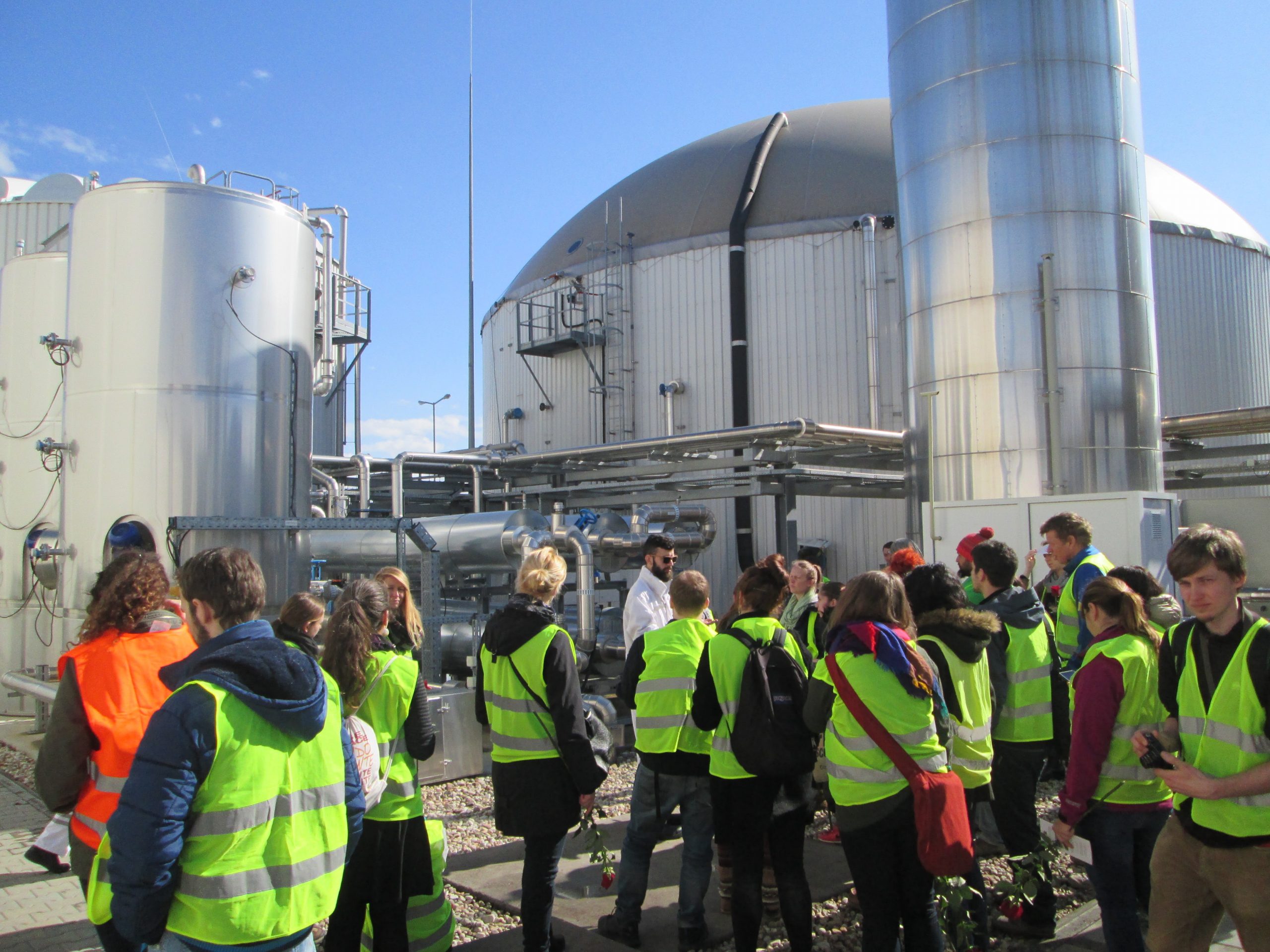 It wasn’t all talk; we spent one whole day touring Sofia and its surroundings, learning more about, and observing the local situations on resource use, consumption and waste. In stark contrast to the beautiful forest where were staying, we spent some time touring Kremikovci, a highly polluted industrial district, with a closed uranium mine, a highly inefficient iron ore plant, and copper and led mining. Despite the uranium mine’s closure in 1992, the area is estimated to have even worse environmental conditions now than then, due to improper rehabilitation (partially EU-funded).
It wasn’t all talk; we spent one whole day touring Sofia and its surroundings, learning more about, and observing the local situations on resource use, consumption and waste. In stark contrast to the beautiful forest where were staying, we spent some time touring Kremikovci, a highly polluted industrial district, with a closed uranium mine, a highly inefficient iron ore plant, and copper and led mining. Despite the uranium mine’s closure in 1992, the area is estimated to have even worse environmental conditions now than then, due to improper rehabilitation (partially EU-funded).
More positive site visits were to the Sofia biowaste processing facility “Han Bogrov” and to local upcycling workshops. The biowaste facility, built in 2014 and processing nearly 50,000 tonnes of food waste and green/brown garden/forest waste per year, has primary outputs of biogas (distributed on to main electricity grid) and compost (sold for cheap prices to locals). The upcycling workshops were an inspiring place to visit, with creativity bursting from every corner – from benches made with old skis, to intricate sculptures using scrap metal.
4. Pose challenging questions
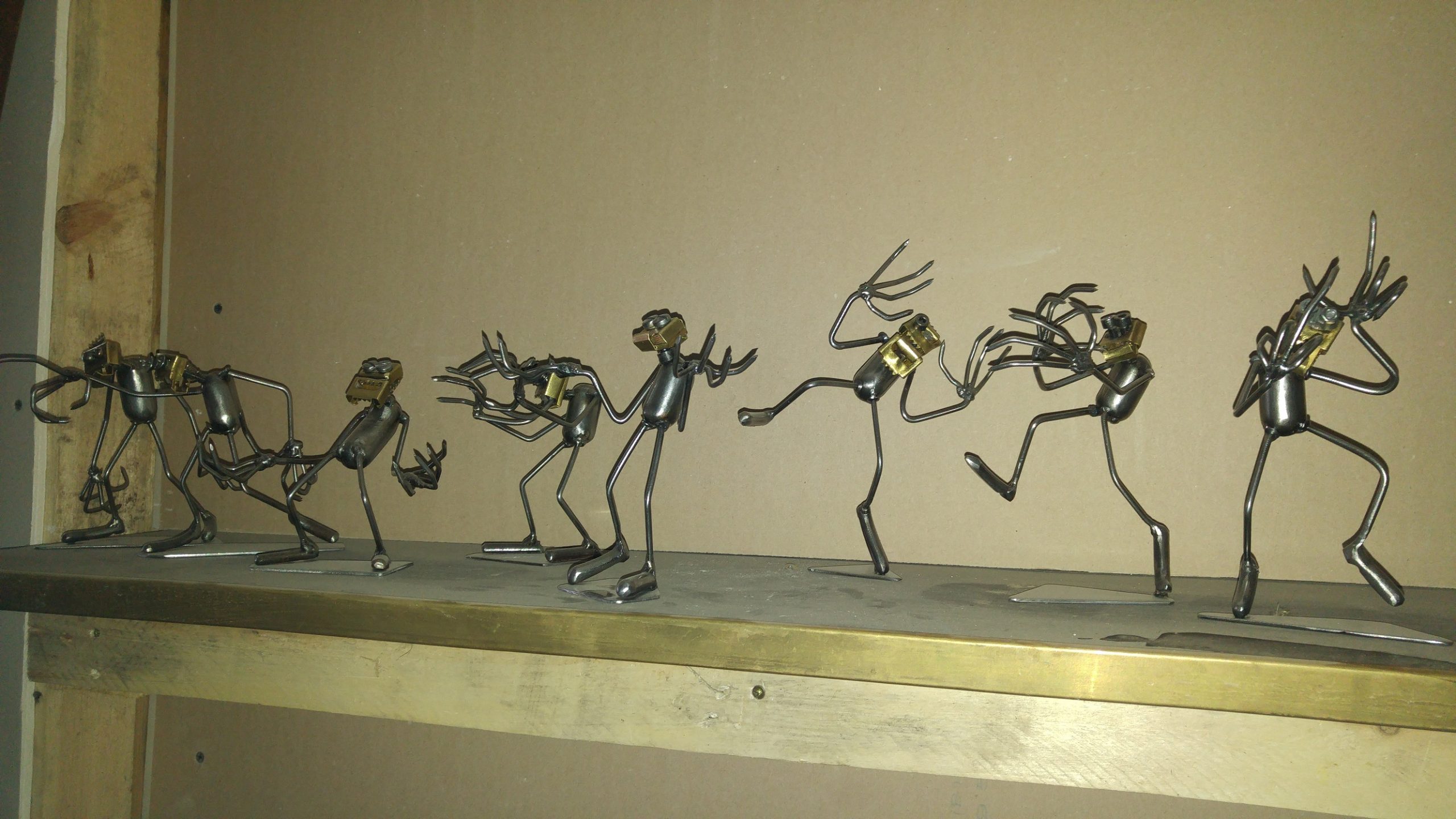 A perpetual presence at any gathering of activists working on pressing global issues at a local level is the question of how to link and scale up local work to the national, European or global political levels to create wider systems change?
A perpetual presence at any gathering of activists working on pressing global issues at a local level is the question of how to link and scale up local work to the national, European or global political levels to create wider systems change?
In the area of resource use, consumption and waste, it is the easier option for decision-makers and businesses, given current lock-ins of our economic model, to address “waste” management by increasing recycling or composting or creating energy from waste incineration. What requires the real hard work is truly overhauling our production and consumption systems, reducing the amount of resources we consume in the first place, and making those we do consume as socially and environmentally responsible as possible.
It was inspiring, therefore, to hear the growing amount of work being done by participants with local municipalities and in trying to link their work to national and EU policies on resource and waste management. It is an ongoing challenge.
5. Have fun!
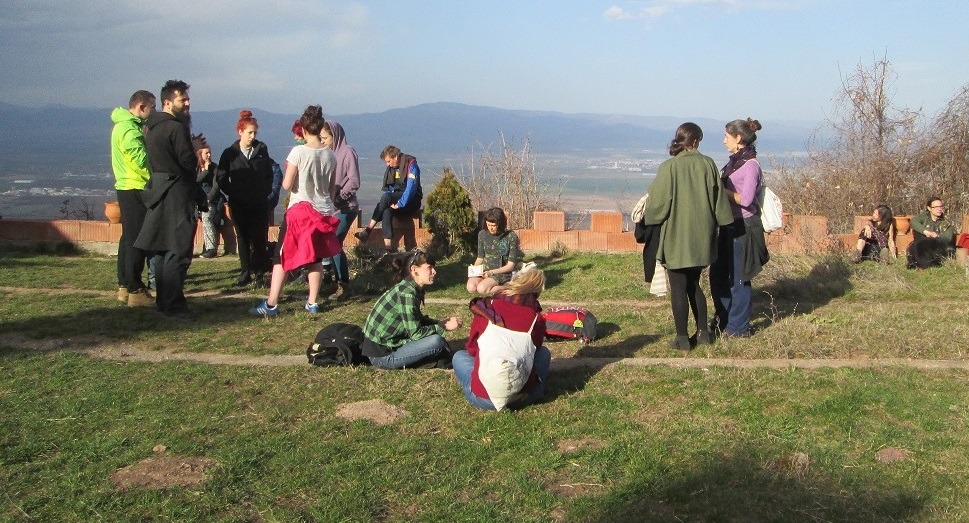 And of course, we had fun, built strong connections and created new friendships!
And of course, we had fun, built strong connections and created new friendships!
We hiked up to an old monastery, made badges from discarded wood and wallets from tetrapak cartons.
Thanks to our colleagues in Za Zemiata (Friends of the Earth Bulgaria) and all others who helped to organise this inspiring gathering.

*The School of Sustainability is an EU Development Education funded project that unites FoE groups around Europe to develop and share their non-formal education practices for building critical understanding of key global development issues, including environmental justice, human rights and social justice.


